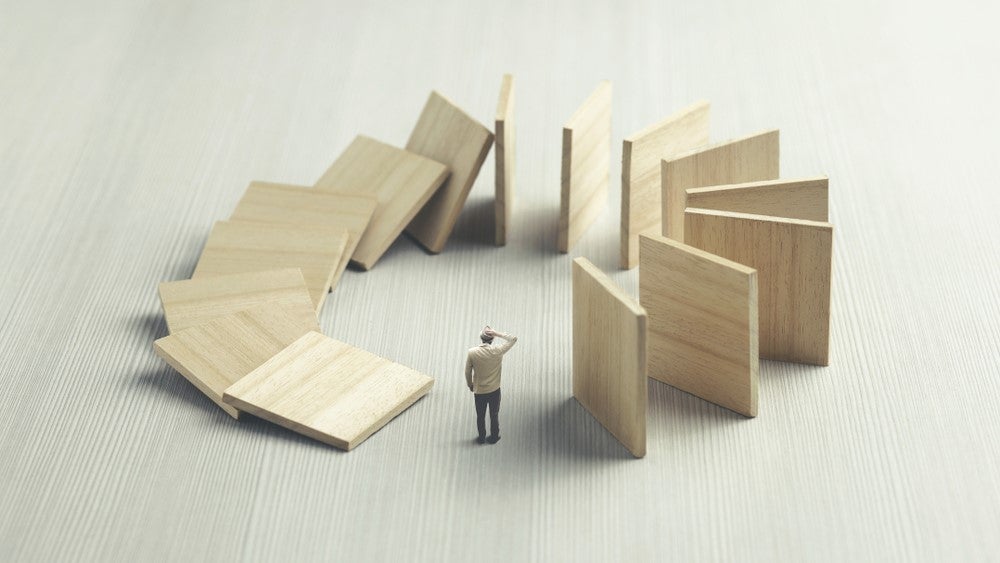STAT+: Stanford president’s departure begs the question: Who takes the credit — or blame — in team science?
The Stanford president's resignation may have broad repercussions, signaling a tipping point in a debate about how to assign blame in science.

The resignation of Marc Tessier-Lavigne as president of Stanford University following an investigation into irregularities in his past research marks more than just the startling downfall of the leader of one of the nation’s top research powerhouses. The case is likely to have broader repercussions, signaling a tipping point in an ongoing and often contentious debate about how to assign blame and credit in the increasingly collaborative world of research.
Science is a team sport. And while the lab leaders, or principal investigators, often get most of the attention for biomedical breakthroughs, they seldom run experiments. That work is left to postdoctoral researchers, graduate students, and others who peer through microscopes, labor away in mouse rooms, and spend countless hours pipetting. Instead, professors play more of a managerial role, supervising, critiquing, and offering big-picture feedback on the work that goes on in their lab.
It’s a longstanding arrangement, but one that leads to a thorny question when research is challenged: Who’s to blame? STAT put that question to Stanford faculty and students while reporting earlier this year on allegations of image manipulation and other misconduct related to research in Tessier-Lavigne’s lab, as well as researchers at other institutions. The answer varied depending on whom you asked.
Graduate students stressed that since faculty have no qualms using work done in their labs to land grants, win prizes, and build prestige, they should ultimately be accountable for problems with the science done under their supervision. Faculty generally agree, at least in principle, but are often quick to say that there are limits to how closely they can scrutinize their lab’s work, and that team science is in part based on trust. It’s an argument Tessier-Lavigne cited in his own statement about his resignation.
It’s also one he said wasn’t good enough.
What's Your Reaction?

































